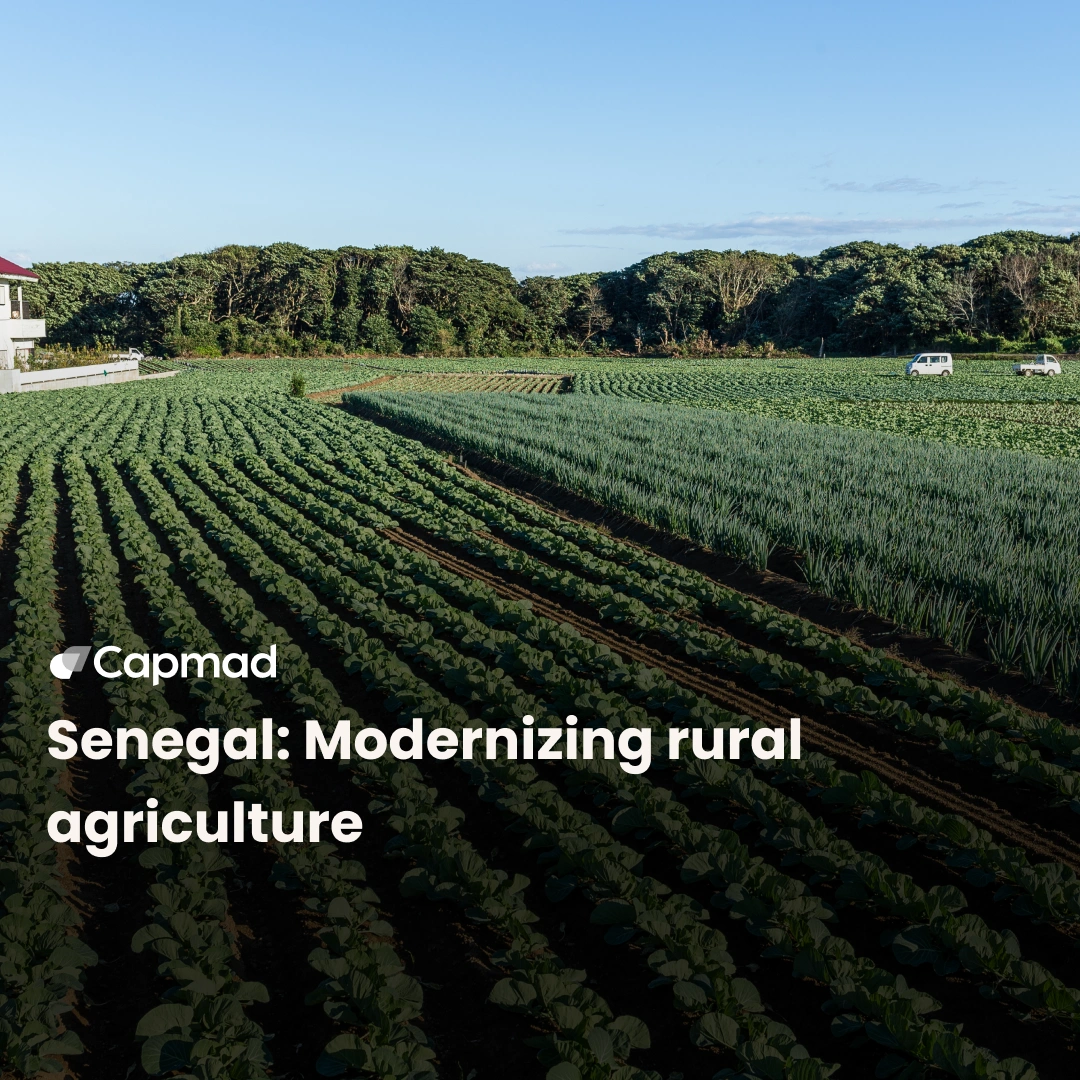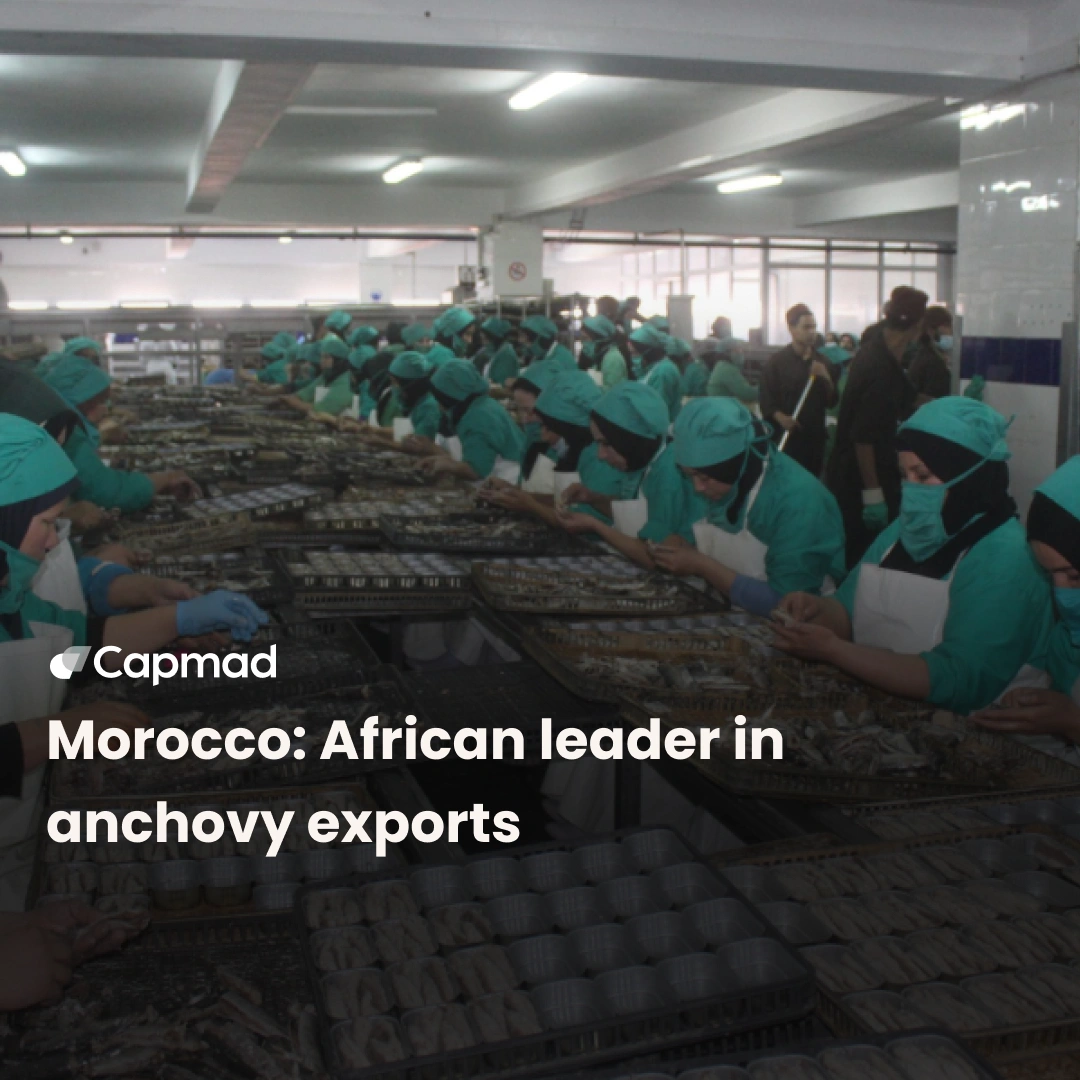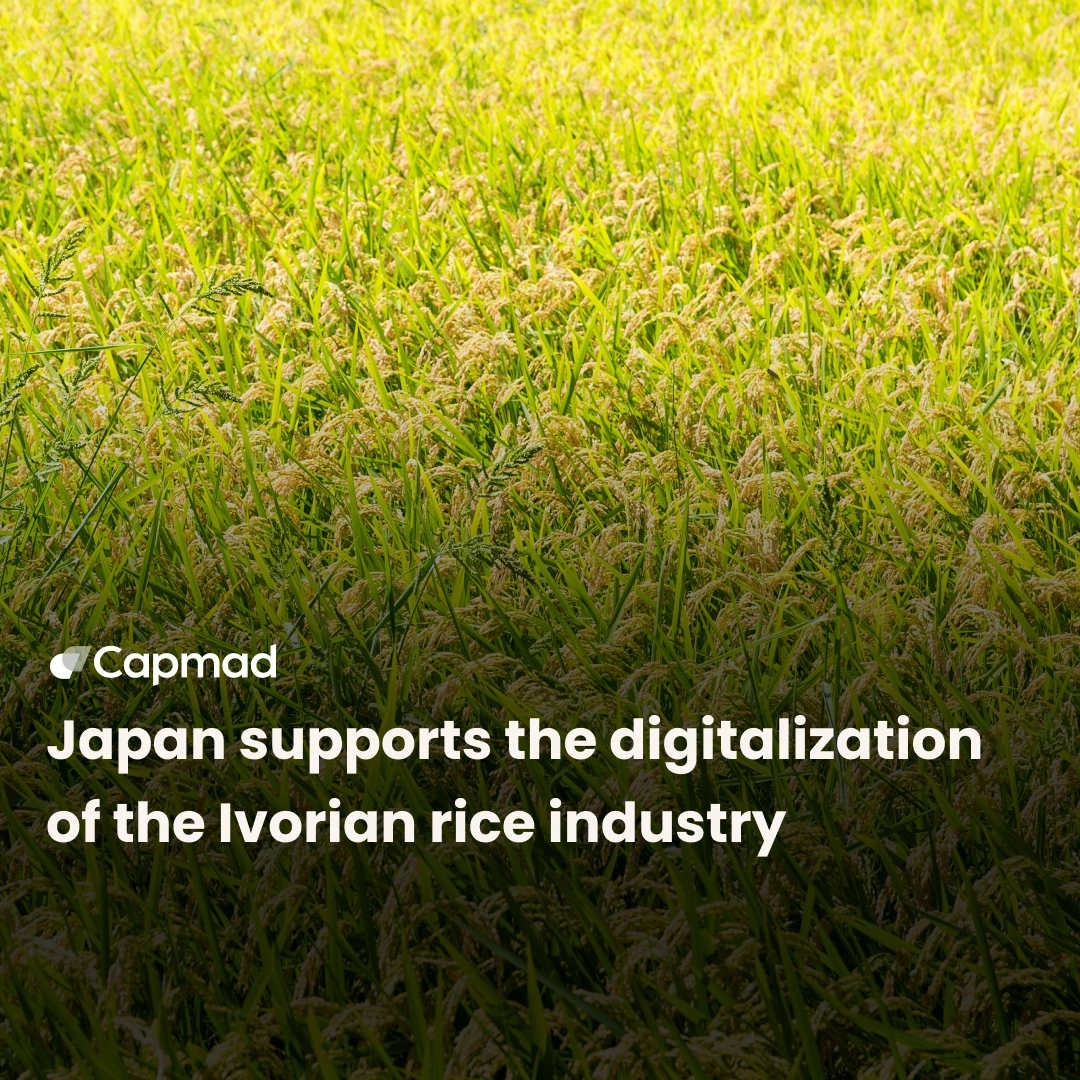Small agricultural enterprises (TPEs) play a crucial role in various economic, social, and environmental aspects. Their development and capacity for innovation can significantly contribute to achieving major objectives such as reducing hunger and achieving food self-sufficiency.
Importance of agricultural TPEs in Africa
Strong contribution to the local economy
Agricultural TPEs employ nearly 175 million people in Africa and are often the main providers of direct and indirect employment in rural areas. Their activity significantly contributes to reducing unemployment and poverty. These enterprises create local and regional value chains, thus increasing the incomes of farmers and local traders.
The development and dynamism of agricultural TPEs improve the quality of life for the population, especially those in rural areas. Increased income allows for budget allocation towards education and health, essential needs that are still a luxury for many Africans.
Furthermore, the development of the agricultural sector generates inclusive employment opportunities, allowing young people and women to participate in the local economy. Compared to other sectors, the development of agriculture can increase the income of the poorest populations by 2 to 4 times.
Impact on food security
With adequate funding, agricultural TPEs can acquire modern equipment and technologies, improved seeds, and efficient cultivation methods. These acquisitions significantly improve agricultural yield and processing productivity while reducing post-harvest losses, initially stimulating incomes.
Additionally, if products comply with international standards, it opens up opportunities in the global market, becoming a source of foreign exchange. In the long term, increased production of various crops directly contributes to food security and improved nutrition in the region. This resilience contributes to food self-sufficiency, reducing dependence on a single crop and food imports.
Sustainable and eco-friendly practices
African agriculture is a fundamental pillar for achieving global development goals. To this end, agricultural TPEs adopt healthy, sustainable, and environmentally friendly food systems and agricultural practices. Agroecology and agroforestry, for example, optimize production while reducing environmental impacts. Integrated pest management helps conserve soil and water, as well as preserve biodiversity.
Strengthening funding and support for agricultural TPEs
In the face of the global urgency of food security, international organizations are redoubling their efforts to support small agricultural enterprises in Africa. The Pro-SADI project, funded by the European Union, is an example. This program covers several development dimensions, including local production to meet the needs of school canteens, thus reducing dependence on external food supplies.
Launched at the forum of agricultural producers in Togo in Kara in April 2023, this initiative allows for :
- Distribution of 200 tons of certified rice and maize seeds and 2,000 tons of NPK and urea fertilizers, benefiting 10,000 small producers in the Kara and Savanes regions.
- Training of 73 phytosanitary and seed inspectors, including 12 women, in seed quality control and input management.
- Conducting several studies on seed management and the status of phytosanitary products in Togo for organic production.
- Developing an inspection guide for seed crops and sampling seed lots.
- Distribution of fertilizers and seeds for the 2024-2025 agricultural season in the Kara region, Togo.
Mobilizing support for agro-ecological transition
Many initiatives and non-governmental organizations (NGOs) support agricultural TPEs in the agro-ecological transition. Among them, the NGO Agrisud International supports nearly 17,000 agricultural TPEs each year, more than 80 % of which remain viable after three years. This organization helps create or preserve 25,000 jobs and lifts more than 85,000 people out of poverty.
The Pierre Castel Fund also supports innovative agricultural and agri-food initiatives carried out by startups or public interest organizations in Africa. Its flagship action, the Pierre Castel Prize, is a pan-African competition for promising agricultural entrepreneurs. Selection criteria include:
- Resilience, inclusivity, and empowerment of young people and women.
- Capacity to preserve and enhance resources.
- Level of practice and impact in terms of sustainability.
More than 150 talents have already benefited from this prize, including 36 new laureates in 2023. These entrepreneurs receive 150,000 EUR in funding, coaching, and mentoring programs, and 60,000 EUR for field actions in Africa.






